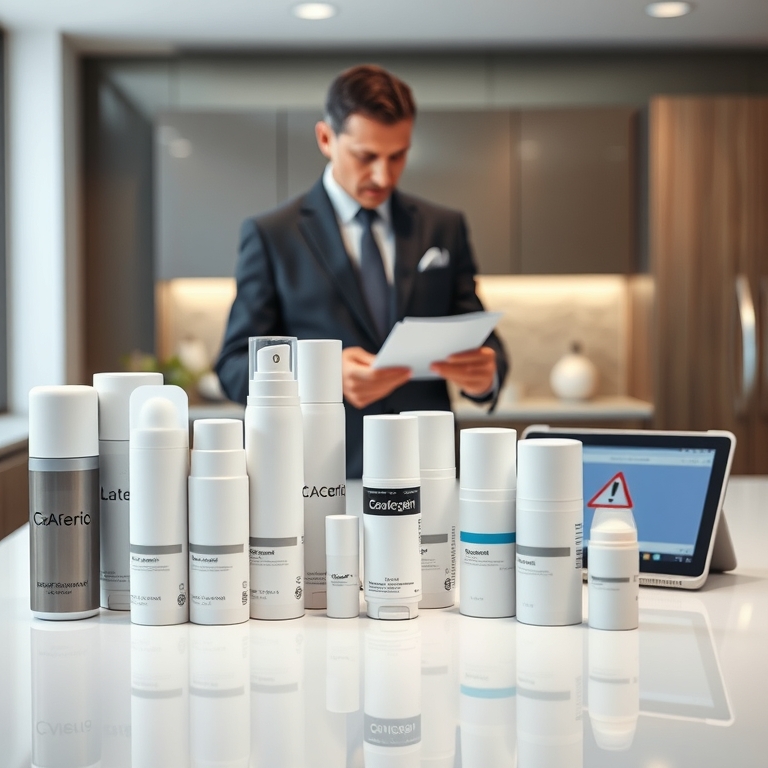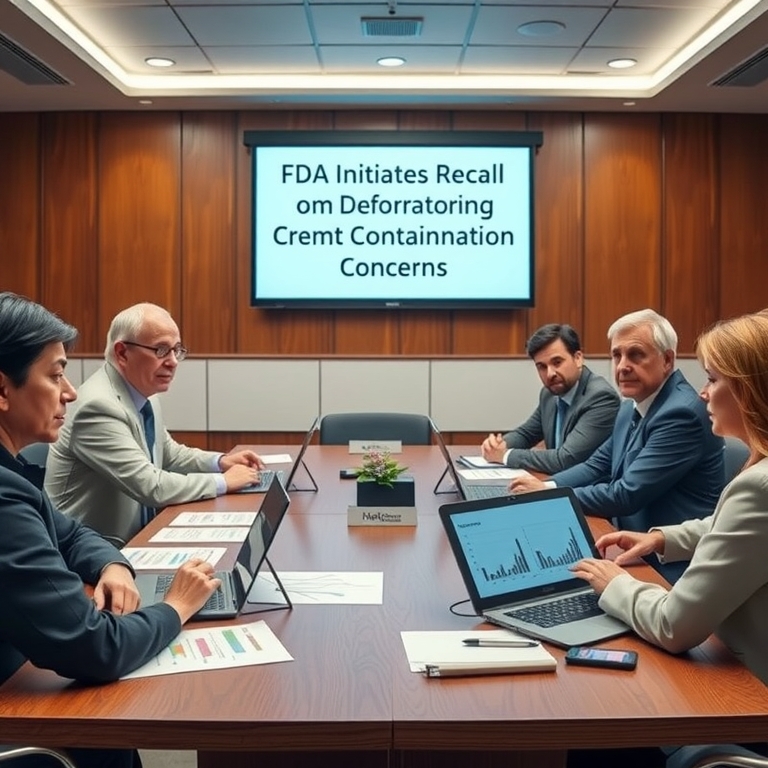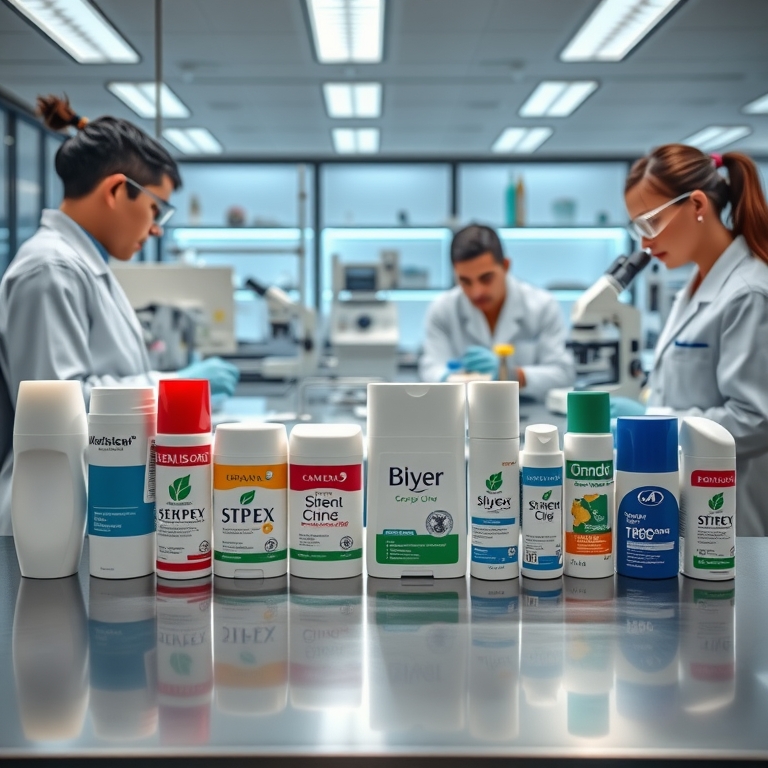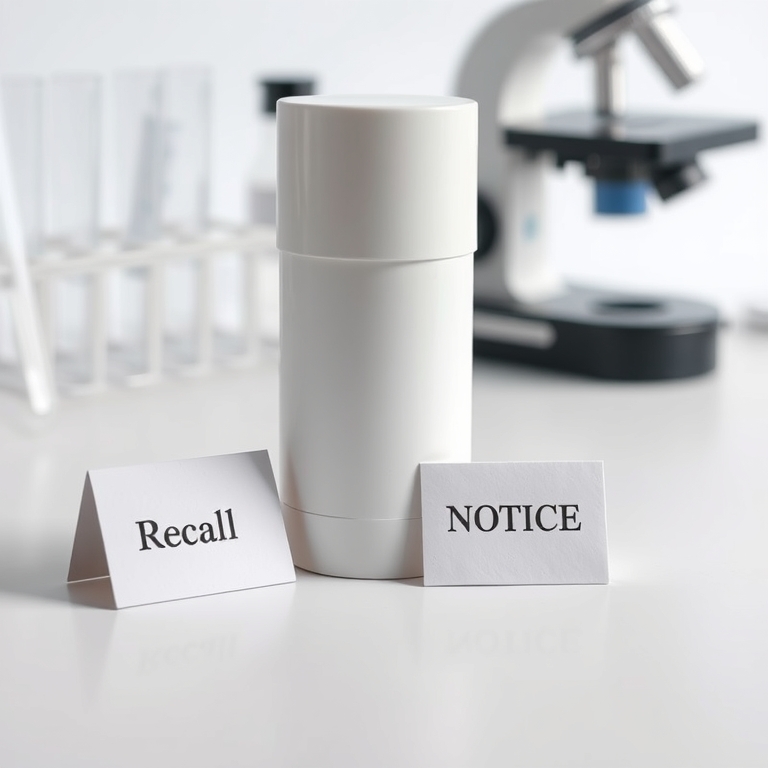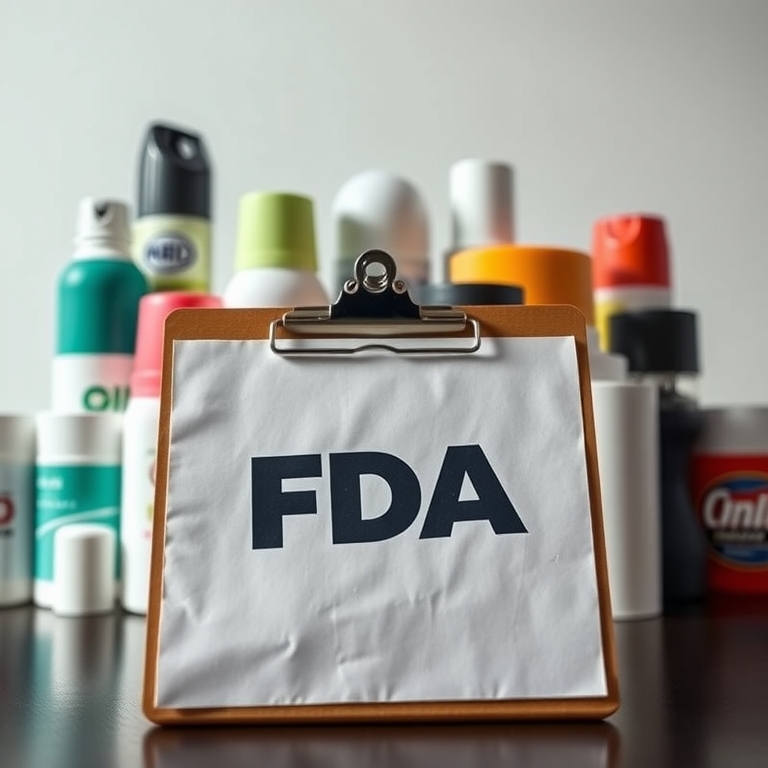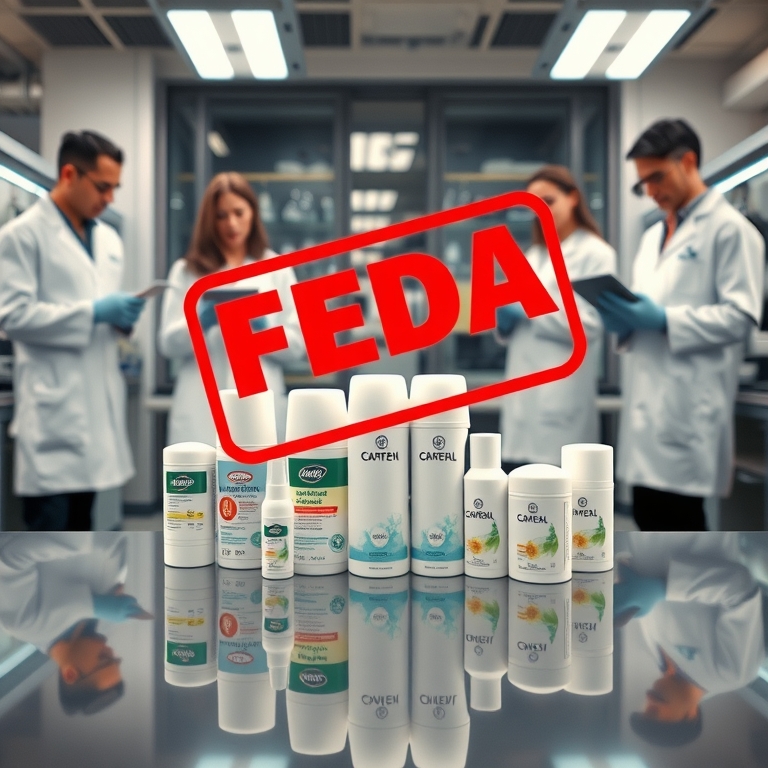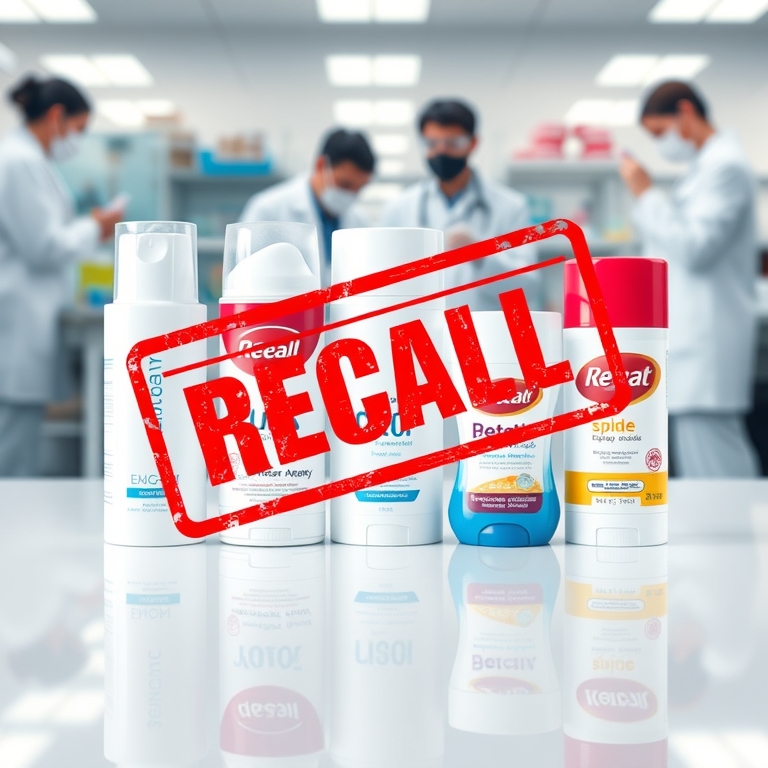In a significant development that has sent ripples through the personal care industry, the U.S. Food and Drug Administration (FDA) has issued an urgent recall of several popular deodorant brands due to the presence of potentially harmful contaminants. This recall, which underscores the ongoing challenges in ensuring product safety in the consumer goods sector, calls for immediate action from consumers and retailers alike, highlighting the intricate dynamics of regulatory compliance, corporate responsibility, and public health.
The FDA’s decision came after routine testing revealed the presence of benzene, a chemical compound classified as a carcinogen by health authorities, in certain batches of these deodorants. Benzene is generally used in industrial applications and is not intended to be present in consumer products due to its potential health risks, which include cancer and other serious ailments. The discovery of this contaminant has raised alarms, prompting the regulatory body to act swiftly in its mandate to protect public health.
The recall involves a range of products manufactured by well-known brands, each with a significant market presence. These brands have been household names for decades, trusted by millions of consumers for their daily hygiene needs. The presence of benzene in their products has, therefore, not only raised health concerns but also threatened to erode consumer trust. In today’s digital age, where information spreads rapidly, the recall has already sparked widespread discussion on social media platforms, with consumers expressing concern and demanding transparency and accountability from the companies involved.
In response to the recall, the FDA has urged consumers to immediately cease the use of the affected products and dispose of them safely. Retailers have been instructed to remove these items from shelves to prevent further sales. The agency is also working closely with the manufacturers to identify the source of contamination and to implement corrective measures. This situation serves as a stark reminder of the complexities involved in manufacturing and the critical importance of stringent quality control processes.
The companies affected by this recall have responded by expressing their commitment to consumer safety and pledging full cooperation with the FDA’s investigation. Several have initiated their own internal reviews to understand how benzene could have entered their production processes. This incident is likely to lead to a re-evaluation of supply chain practices and quality assurance protocols across the industry. For these companies, the recall represents not just a financial setback but a reputational crisis that necessitates transparent communication and swift remedial action to restore consumer confidence.
The financial implications of the recall are significant. Beyond the immediate costs associated with withdrawing products from the market, companies may face potential legal action from consumers affected by the contamination. There is also the possibility of long-term damage to brand equity, which can impact market share and investor confidence. As such, this recall could serve as a case study for other companies, highlighting the need for robust risk management strategies and proactive engagement with regulatory bodies.
For the FDA, this recall underscores the vital role it plays in safeguarding public health and maintaining the integrity of consumer products. The agency’s swift action demonstrates its commitment to upholding safety standards and its readiness to intervene when those standards are compromised. It also highlights the challenges faced by regulatory agencies in keeping pace with the vast array of products entering the market and the need for ongoing vigilance and innovation in testing methodologies.
This incident also brings to light broader issues related to product safety in the global marketplace. With supply chains often spanning multiple countries and involving numerous suppliers, ensuring the purity and safety of ingredients can be a complex task. This complexity is compounded by the pressure on companies to innovate rapidly and bring new products to market, sometimes at the expense of thorough safety evaluations. The deodorant recall may prompt a broader industry-wide reflection on these practices, encouraging a shift towards more sustainable and transparent operations.
In conclusion, the FDA’s recall of deodorants over potentially harmful contaminants is a critical reminder of the delicate balance between innovation, safety, and consumer trust in the personal care industry. As the investigation unfolds, it will provide valuable lessons for manufacturers, regulators, and consumers alike. Companies will need to demonstrate accountability and a commitment to improving safety standards, while consumers are reminded of the importance of remaining informed and vigilant about the products they use. The FDA, for its part, will continue to play a pivotal role in ensuring that the products available in the market meet the highest safety standards. As the dust settles, the industry must move forward with a renewed focus on quality assurance and consumer protection to prevent similar incidents in the future.
